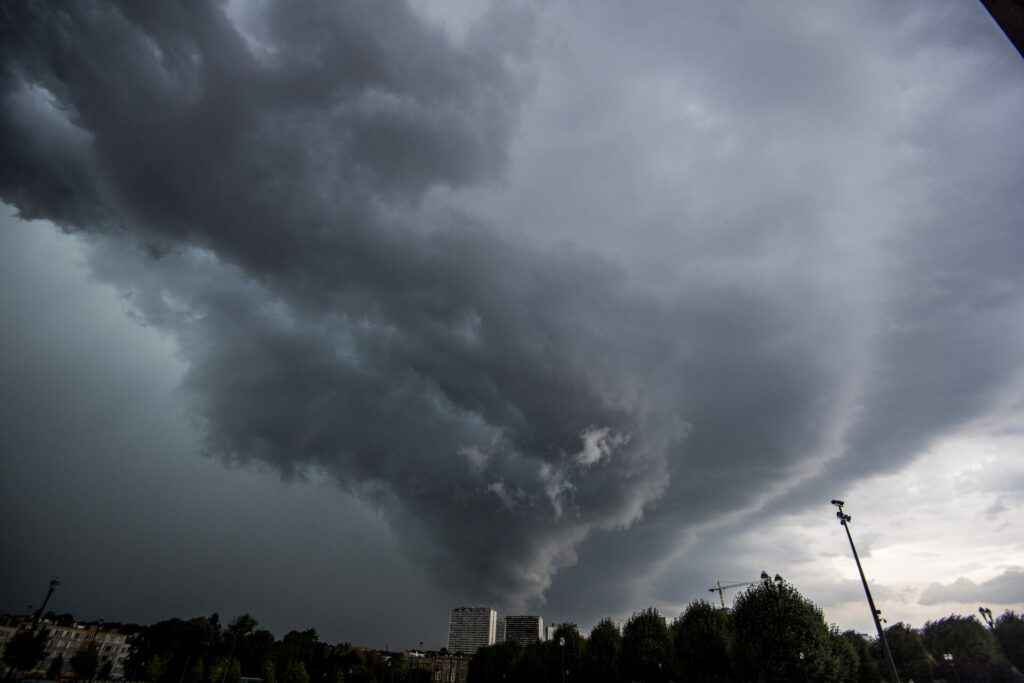Over the years, the third Monday of January (this year, the 16th of the month), has become known as "Blue Monday," rumoured to be the most depressing day of the year.
The name and date that has for many been cemented into their start of year calendar, but the concept is hardly scientifically founded. Instead, it surfaced in 2005, first mentioned in a press release from the (now obsolete) British travel company Sky Travel, which reached out to journalists, stating the third Monday in January was the most depressing day of the year.
In its promotional announcement, it cited psychologist Cliff Arnall, who used a formula, based on the passing of Christmas and the cost incurred during this time, the cold weather and overall darkness and low motivational levels – overall, relatively subjective and personal elements – to "calculate the most miserable day."
Starting conversation?
While in the past 18 years, the claim has been debunked by mental health experts and clinical psychologists, who noted that there is not one day more depressing than all the others, the PR stunt itself gained quite a large amount of traction. It isn't for nothing that many still know this day as blue Monday.
Companies also still jump at the chance to promote their services, claiming it will make gloomy people feel better. This year, visit.brussels, the city's Tourist Agency, jumped on the bandwagon and called on people to visit the Belgian capital to experience the month differently.
Referring to depression and feeling low as a means to encourage people to buy or promote services has received quite some criticism. The defence by Arnall, that he "used" the media to start conversations about psychology, also does not always go down well with people in the profession.
“This is not the right way to raise awareness,” Dr Antonis Kousoulis, of the UK's Mental Health Foundation, told CNN.
“By saying this single day is the most depressing day of the year, without any evidence, we are trivialising how serious depression can be," he said, especially as the advertisements usually suggest the condition can be solved with something as easy as booking a vacation or discovering new places.
Danger of trivialising
He stressed the fact that trivialising depression – a mental health disorder that many consider the biggest health challenge of our generation – is "completely unacceptable." The latest figures by the World Health Organisation (WHO) estimated that, globally, 5% of adults suffer from depression, which is a "leading cause of disability worldwide and is a major contributor to the overall global burden of disease."
While it is not true that one day is more depressing than others, Blue Monday does in a way symbolise the wider concept of Seasonal Affective Disorder (SAD) or seasonal depression, a form of depression that many experience throughout the winter months.
Related News
- Depression or burnout cases in Belgium have almost doubled in five years
- Mental health remains taboo in many workplaces
It occurs more regularly in climates where there is less sunlight at certain times of the year — linked to a biochemical imbalance in the brain prompted by shorter daylight hours — and symptoms include fatigue, depression, hopelessness and social withdrawal recognisable to many at this time of year. Blue Monday may not exist, but the winter blues are definitely real.
If you are concerned about the effects of the climate on your mental health, discussing your symptoms with your general practitioner is, in most cases, a good first port of call.
Those in need of a listening ear or with any questions about suicide can contact the Suicide Line anonymously on the toll-free number 1813 or at www.zelfmoord1813.be in Dutch, at 0800 32 123 in French, or at 02 648 40 14 in English.

